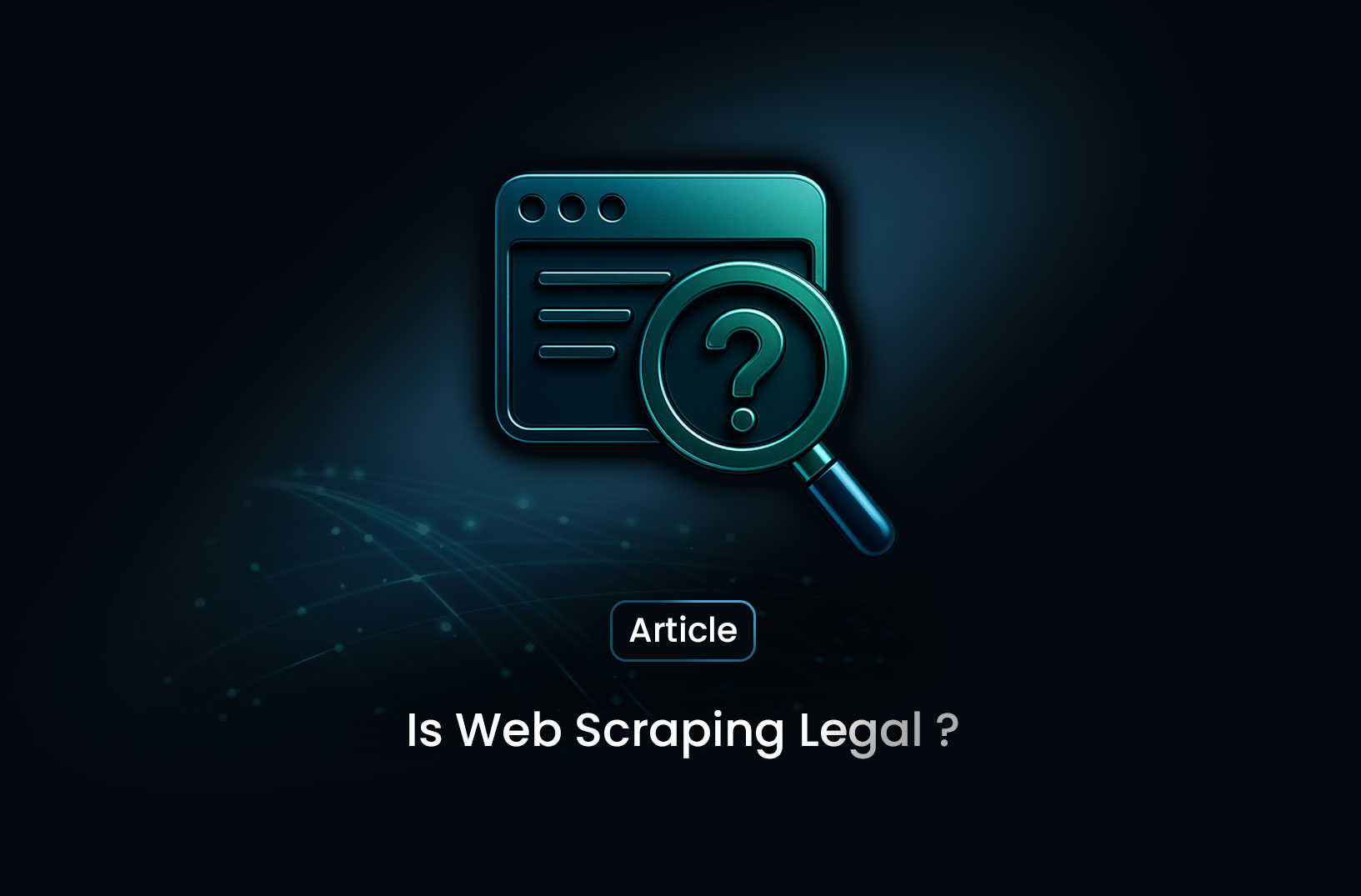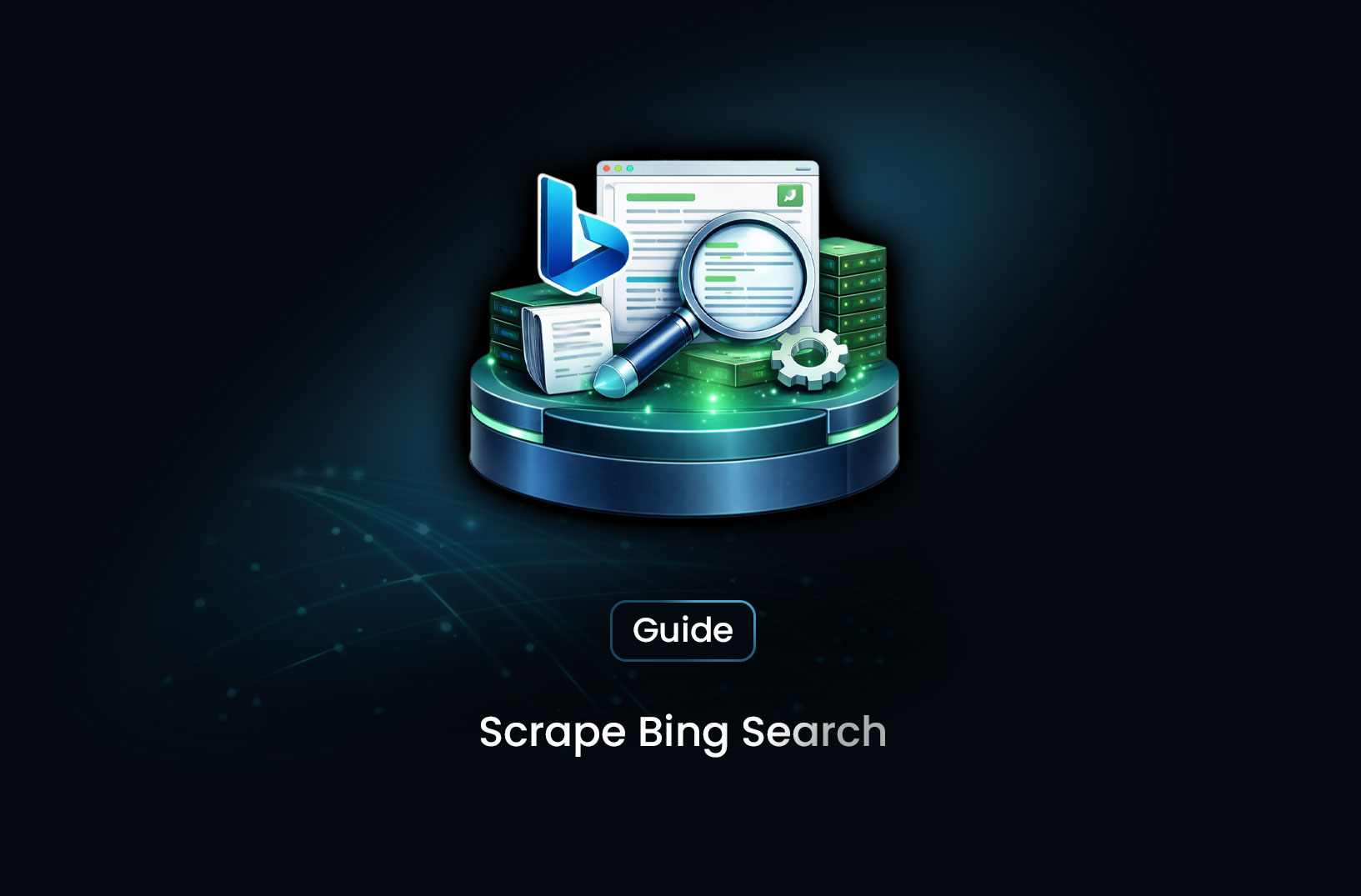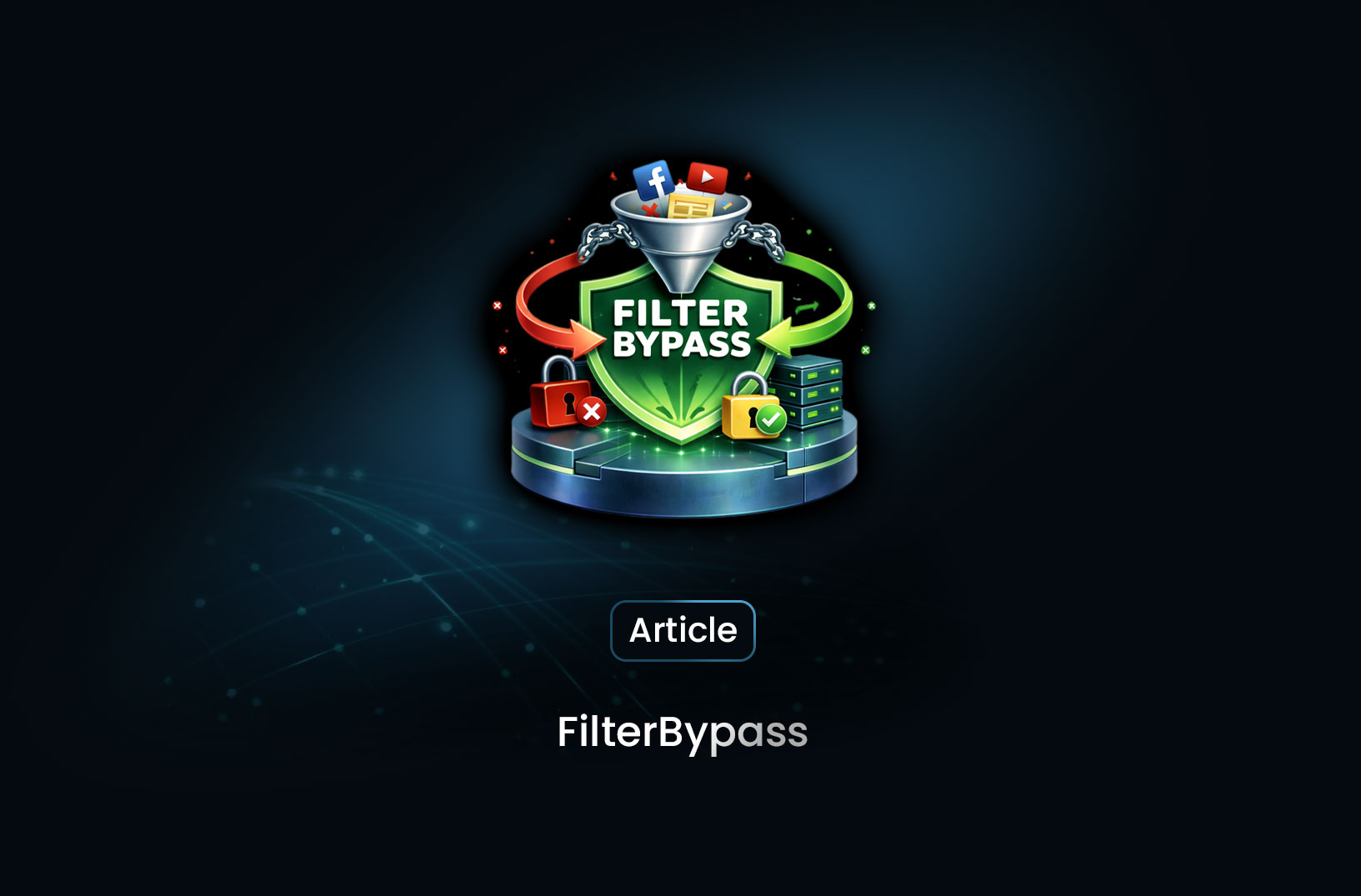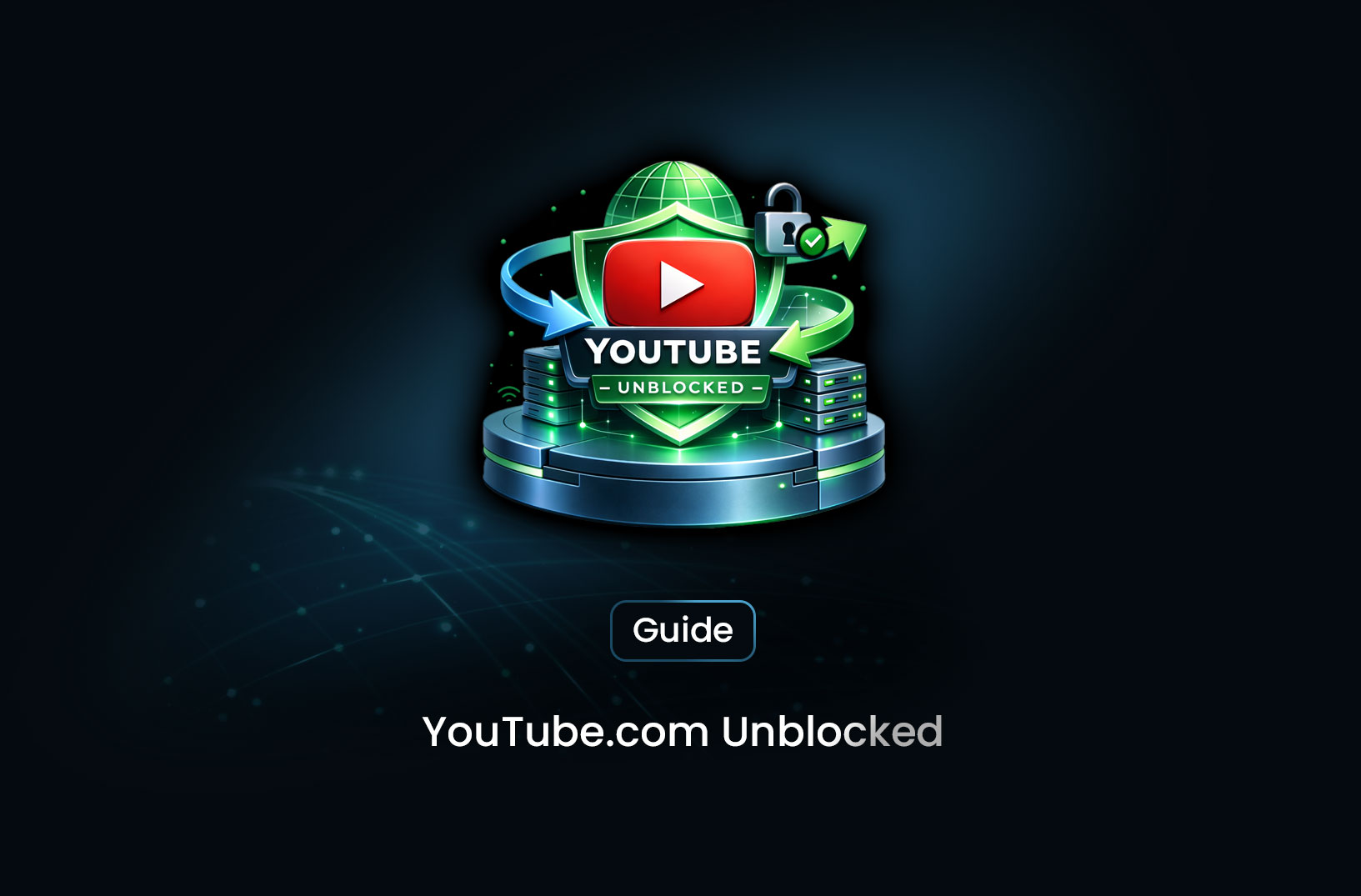
Is Web Scraping Legal?
ArticleWeb scraping is a method used to automatically collect data from websites.But even though web scraping is common, its legal status is complicated. There is no universal rule saying web scraping is always legal or always illegal.
Web scraping is a method used to automatically collect data from websites. Instead of manually visiting pages, copying text, or taking screenshots, web scraping lets a script fetch webpages, analyze their structure, and extract the exact information you need. This makes it incredibly useful for research, automation, monitoring, data analysis, and more.
But even though web scraping is common, its legal status is complicated. There is no universal rule saying web scraping is always legal or always illegal. It depends on what data you're scraping, how you scrape it, and what you use the data for.
This guide breaks down the major laws, risks, and best practices you need to know.
What Is Web Scraping?
Web scraping is the automated extraction of data from one or more websites. A scraper typically:
- Sends a request to a webpage
- Downloads the HTML or rendered content
- Parses the structure
- Locates specific elements (titles, prices, images, tables, links, etc.)
- Saves the extracted information
Because it automates repetitive tasks, web scraping is used in:
- Market research
- Competitive intelligence
- SEO monitoring
- Journalism
- Academic research
- Machine learning data collection
- Price tracking and e-commerce analytics
Is Web Scraping Legal?
Short answer: Web scraping can be legal, but it depends heavily on context.
Web scraping is generally legal when:
- The data is publicly accessible
- You do not bypass authentication or security
- You follow the website’s Terms of Service
- You avoid copying copyrighted material for commercial use
- You’re not collecting personal data in a way that violates privacy regulations
Web scraping becomes potentially illegal when:
- You scrape behind login pages
- You bypass paywalls, restrictions, or technical barriers
- You copy copyrighted materials
- You scrape personal information without compliance
- You violate contract agreements or ToS
Key Legal Frameworks That Affect Web Scraping
These are the laws that typically matter most in global contexts:
1. Computer Fraud and Abuse Act (CFAA) – United States
CFAA prohibits unauthorized access to computer systems.
Scraping can be risky if it involves:
- Circumventing access controls
- Ignoring explicit bans after a cease-and-desist
- Pretending to be an authenticated user
However, U.S. courts have ruled that scraping publicly accessible data (no login required) does not automatically violate CFAA.
2. Digital Millennium Copyright Act (DMCA)
DMCA deals with copyrighted content and anti-circumvention rules.
Scraping may violate DMCA if you:
- Copy copyrighted text, images, or content
- Republish it without permission
- Remove protections or bypass restrictions
Factual data (like prices) is generally not protected by copyright, but written articles or curated datasets may be.
3. Copyright Laws (Global)
Copyright protections exist in nearly all countries.
Scraping becomes problematic when:
- The scraped content is original creative work
- You reuse or redistribute it without permission
- You claim ownership of someone else’s data
Facts cannot be copyrighted, but their presentation can.
4. Terms of Service (ToS)
Almost every website has Terms of Service.
Violating ToS doesn’t automatically make scraping illegal, but it can lead to:
- Legal action
- Contract breach claims
- IP blocking
- Cease-and-desist letters
If a site explicitly forbids scraping, violating this can increase legal risk significantly.
Legal Questions to Ask Before Scraping
-
Is the data publicly accessible? Public pages are safer. Anything behind a login page is high-risk.
-
Does the site forbid scraping in its ToS? Always check before scraping.
-
Is the data copyrighted? Scraping text-heavy content (articles, reviews, descriptions) can trigger copyright issues.
-
Are you bypassing security measures? If you have to break or bypass something, it’s almost certainly illegal.
-
Are you scraping personal data? Privacy laws like GDPR or CCPA may apply.
robots.txt: What It Means
robots.txt tells automated bots which parts of a site can or cannot be accessed.
While it's not legally binding in most jurisdictions, it may be used as evidence of:
- Intent
- Awareness
- Good or bad faith actions
Ethical scrapers should always respect robots.txt.
Best Practices for Ethical and Safe Web Scraping
1. Use APIs Whenever Possible
APIs are the cleanest, safest way to collect data.
2. Read and Respect Terms of Service
If a site prohibits scraping, don’t scrape it—ask for permission.
3. Scrape Responsibly
Avoid:
- Rapid firing of requests
- Aggressive crawling
- Overloading the server
Use delays, session rotation, and polite scraping behavior.
4. Avoid Scraping Personal Data
Unless you have legal justification. Personal data scraping is the biggest legal risk.
5. Don’t Republish Copyrighted Content
Get permission if you need to reuse scraped content.
6. Store Data Securely
Even legal data becomes risky if mishandled.
7. Seek Permission When Uncertain
Many website owners are open to data sharing if you simply ask.
Practical Summary: Is Web Scraping Legal or Not?
Generally Legal When:
- Data is public
- No logins or restrictions are bypassed
- No copyright is infringed
- No personal data is collected
- ToS is respected
- Scraper behaves politely
Potentially Illegal When:
- Circumventing barriers
- Ignoring site rules
- Copying copyrighted material
- Collecting personal information
- Gaining unauthorized access
Web scraping is not inherently illegal, but misusing it can be.
Conclusion
Web scraping is a powerful and widely used technique, but it operates in a legal gray area depending on how, where, and why it’s done. When performed ethically—scraping public data, respecting ToS, avoiding copyrighted or personal data, and following responsible scraping practices—it is generally lawful.
The safest approach is to:
- Stick to publicly accessible content
- Avoid scraping anything private or restricted
- Use APIs when available
- Respect website rules
- Handle data responsibly
With the right practices, web scraping can be both effective and legally safe.
Find more insights here

Scrape Bing Search: A Practical Technical Guide
Bing scraping blocked? Discover how to bypass rate limits and bot detection to extract URLs, titles,...

FilterBypass: Unblocking Restricted Sites in a Simple Way
FilterBypass is a free web proxy that acts as an intermediary between your browser and the target si...

YouTube.com Unblocked: Accessing YouTube When It’s Restricted
Learn how to access YouTube unblocked on school, work, or regional networks. Explore VPNs, proxies,...
